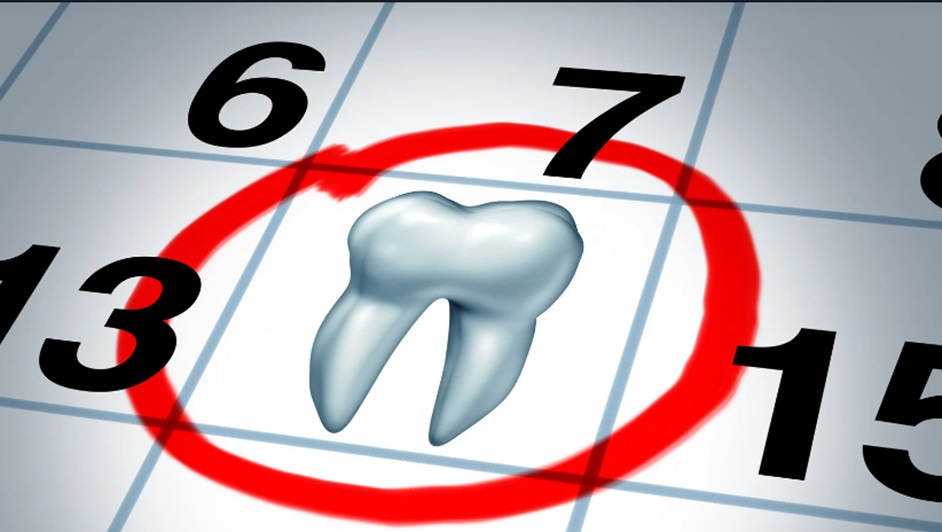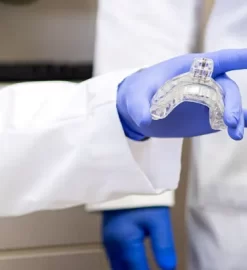Top Signs You Should Schedule a Dentist Appointment Today

Maintaining good oral health is essential for your overall well-being, but sometimes we overlook the need for regular dental visits. Ignoring dental issues can lead to serious complications, and the best way to avoid problems is to stay proactive about your oral health. If you’ve been on the fence about scheduling an appointment, visiting a dentist in Chattanooga might be exactly what you need to safeguard your smile. Knowing when to see a dentist can save you from discomfort, costly treatments, and potential health risks. Here are some of the key signs you shouldn’t delay booking an appointment.
Persistent Tooth Pain or Sensitivity
A mild, occasional toothache may not seem alarming, but persistent pain or sensitivity could be a sign of something more serious, such as a cavity, an infection, or gum issues. These symptoms suggest that deeper problems might be brewing beneath the surface. A professional dental exam will uncover the root cause and provide you with the necessary treatment.
When Sensitivity Becomes a Concern
Tooth sensitivity that worsens over time or occurs even with mild temperatures should never be ignored. Left untreated, it can lead to more severe conditions, such as nerve damage or enamel erosion.
Bleeding or Swollen Gums
Healthy gums should not bleed during brushing or flossing. If you notice bleeding, redness, or swelling in your gums, it could be a sign of gum disease. Gingivitis, the early stage of gum disease, is treatable, but when left unaddressed, it can progress to periodontitis, a more severe condition that can damage the supporting structures of your teeth. Taking action at this stage, such as exploring how to choose the right dentist for your needs, can give you peace of mind and ensure you receive targeted care.
Bad Breath That Doesn’t Go Away
Occasional bad breath is normal, but chronic bad breath, or halitosis, can indicate dental issues like gum infections, decay, or bacterial buildup. Dentists dig deeper than routine oral health, ensuring that the underlying problem is treated effectively.
Frequent Dry Mouth
Dry mouth is more than just an uncomfortable sensation; it can be a breeding ground for bacteria that lead to cavities and bad breath. This condition is often linked to underlying health concerns or side effects from medication. Dentists can help identify the cause and suggest solutions to manage it effectively.
How Does Dry Mouth Impact Oral Health?
Saliva is essential for maintaining a healthy balance in your mouth by washing away bacteria and neutralizing acids. Without enough saliva, you are at a higher risk of gum disease and tooth decay. A dentist can guide you on how to combat this condition professionally.
Changes in Your Teeth or Bite
Any changes in your teeth’s alignment, bite, or the way they feel could be a sign of shifting teeth due to gum disease or other dental issues. Loose or moving teeth require immediate attention, as they might indicate bone loss or weakening gum support.
Spotting the Signs Early
Issues like grinding or clenching teeth, jaw pain, or bite misalignment are often subtle at first. Early diagnosis through a dental exam can prevent structural changes and improve your overall comfort.
Follow-Up After Dental Procedures
If you’ve had a procedure such as fillings, crowns, or root canals, you’ll need regular follow-ups to ensure everything remains in good condition. Any discomfort or irregularity post-treatment warrants a prompt dentist visit to avoid complications.
Conclusion
Your dental health is not something to take lightly. From persistent pain to unusual changes in your gums or teeth, recognizing when to make an appointment can save you from long-term damage. Scheduling an appointment with a dentist ensures that your oral health stays on track and potential issues are addressed early. Don’t wait until symptoms worsen; take charge of your smile by prioritizing routine visits and professional care. A healthy mouth is key to a healthy life.



